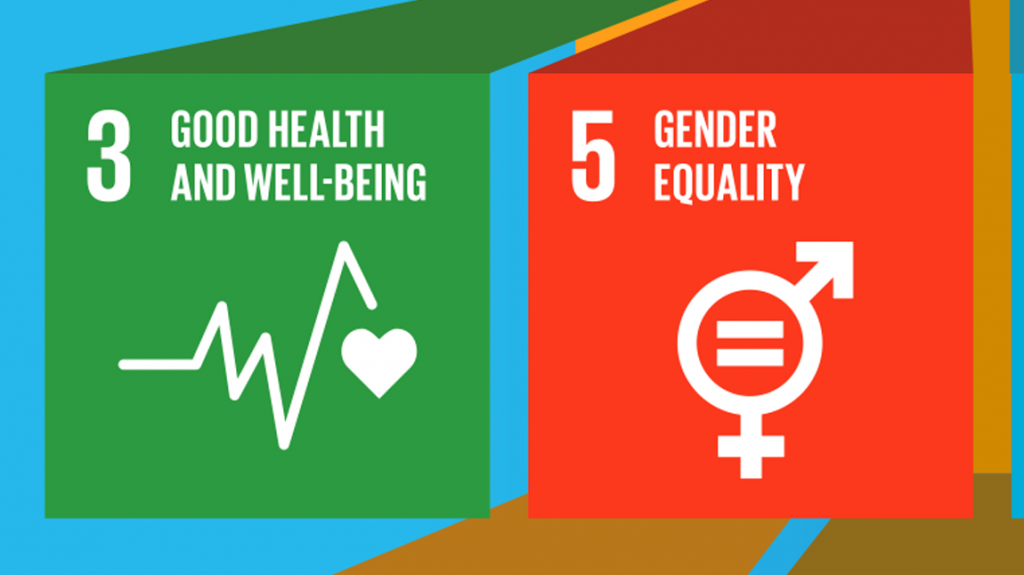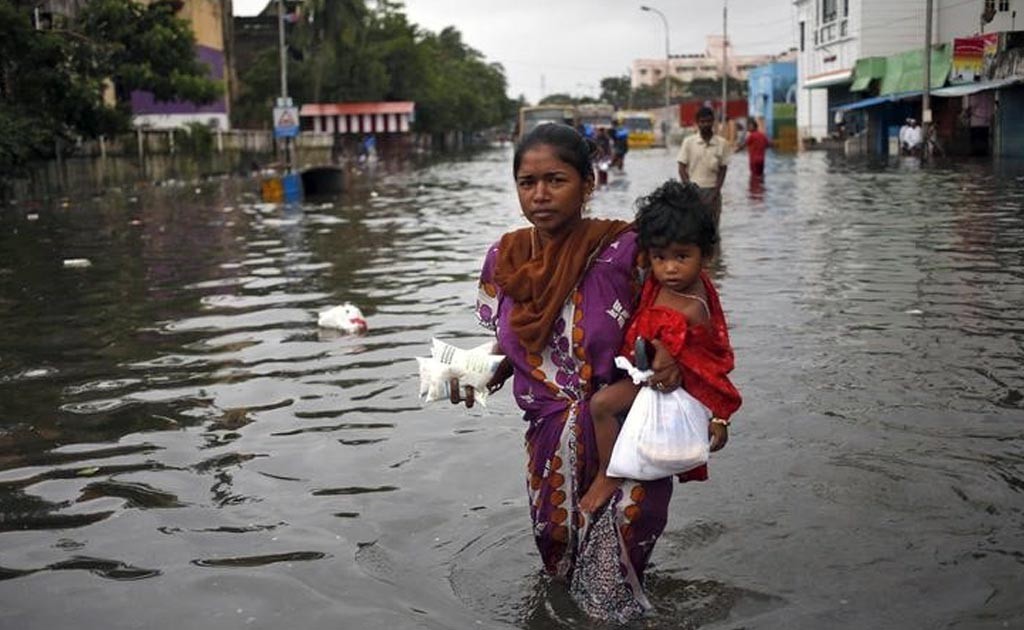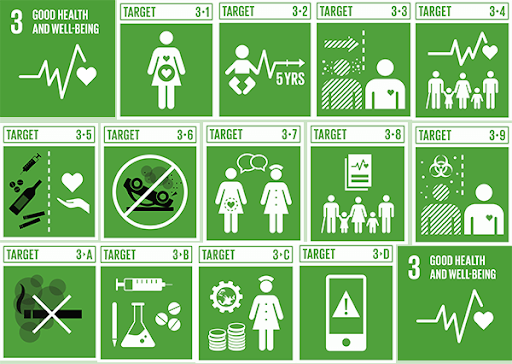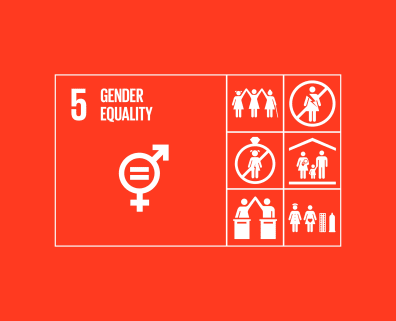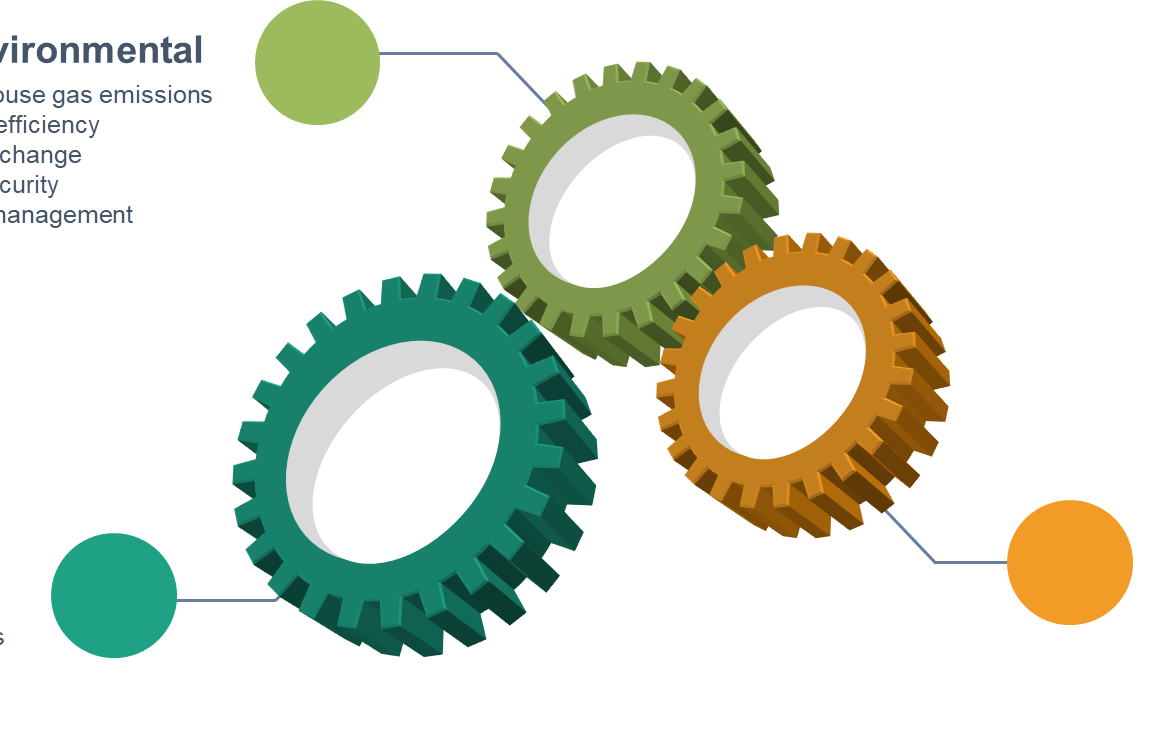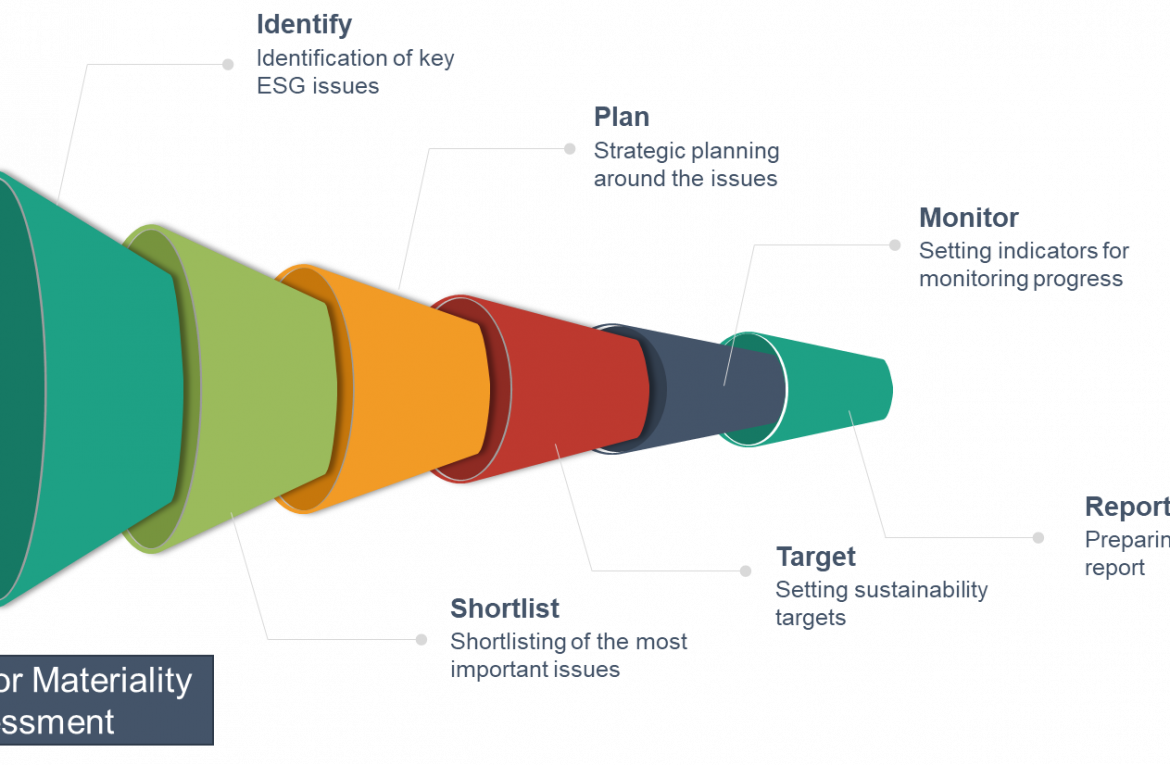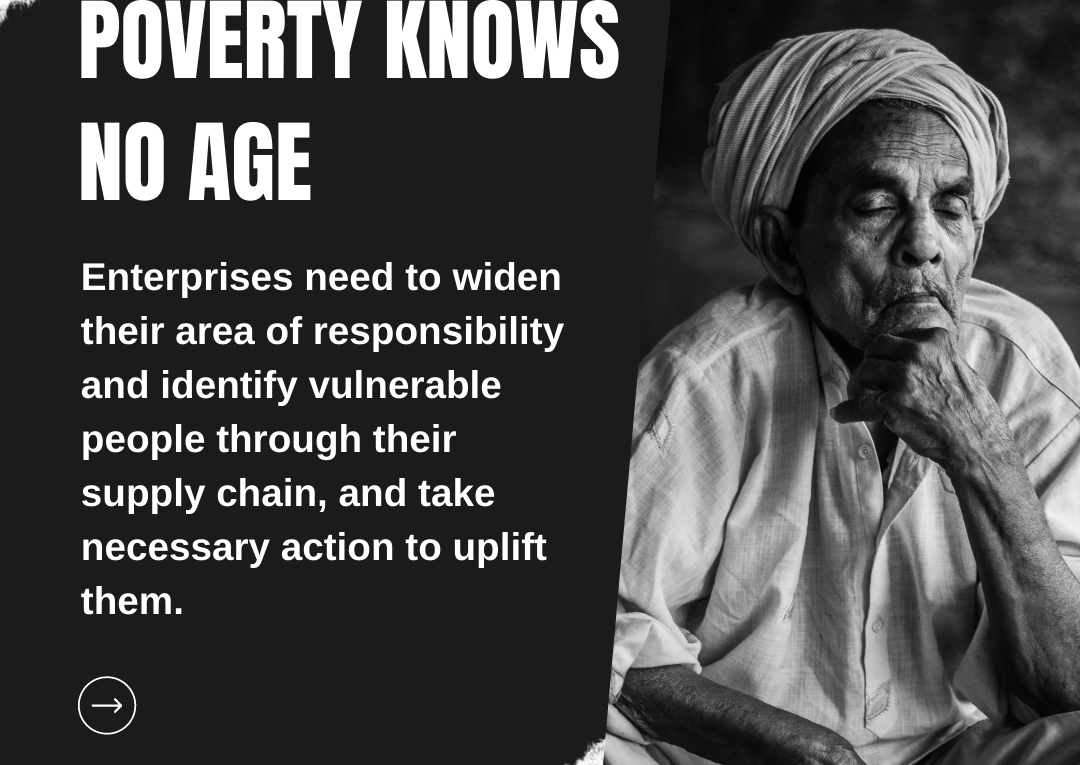No, disasters see no discrimination, but believe it or not, they hit women harder than men. Disasters and their aftermaths, both are tougher for women, especially in Asian countries. Most of the women reading this would be able to relate to the effects of disasters on women, as we all are in the state of lockdown and dealing with the difficulties of emergency situations, but you will be shocked to know that even the fatalities in some disasters in the past, had taken its toll on women more than men.
Women in India and many other Asian countries are vulnerable because of the higher levels of existing gender inequality in the society they live in, especially in lower economic groups. Most women are forced to follow strict socio-cultural norms which restrict their movement, behaviour, occupation and even clothing. Most women living under these circumstances are confined to their homes and are trained only to perform household duties. They are less exposed to outdoor activities, are less educated and less trained for other survival skills like swimming and climbing trees, walls etc. they are not involved in decision making and usually follow the instructions of their male counterparts. This totally explains the gender disparity in the fatalities during Cyclone Gorky (1991,Bangladesh) where 14 women lost their lives for every man, and the Indian Ocean Tsunami(2004) where 70% of the fatalities were women. Their clothing and lack of skills and confidence, made it harder for them to run away, swim or climb to safer places.
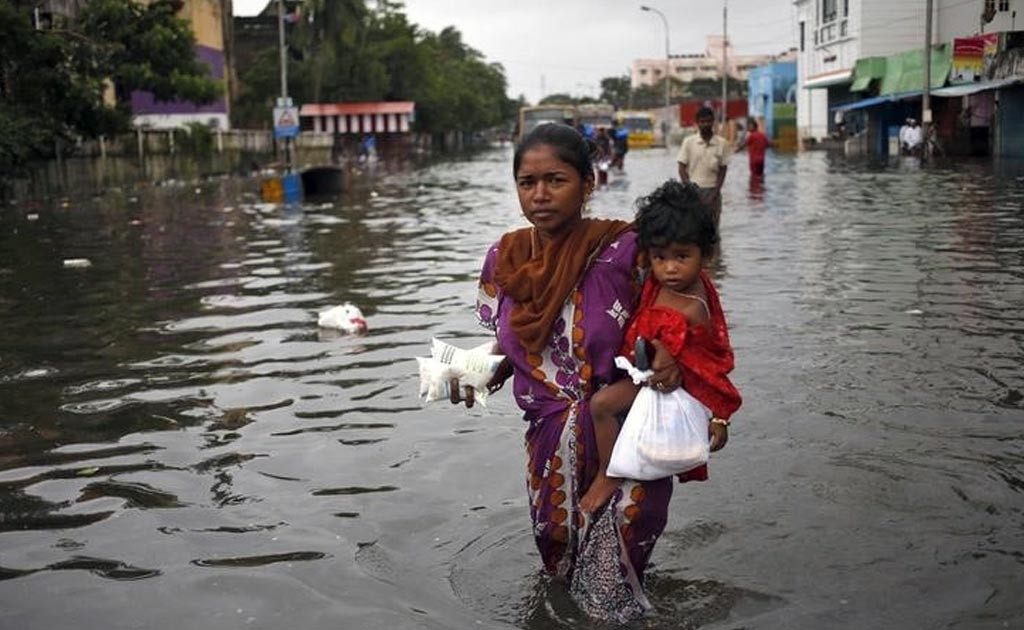
Life after disasters is also tougher for women. They have to work harder taking care of other family members and making up for the losses. Young girls in these situations terminate their education and start working to earn money. Women ignore their own health conditions to serve others. Life gets tougher for women who get widowed during disasters. They suffer mental trauma and become vulnerable to sexual exploitation. In fact the refugee camps set up for disaster relief are not safe for women and girls, they are more exposed to sexual harassments in such camps.
It does not mean that women living in developed countries or women belonging to higher income groups do not face any challenges during natural calamities. The primary responsibility of women all around the world is to look after all the family members including children, old-aged and physically challenged people. women have to ensure their safety first, before evacuating themselves during disasters. This may be a reason why more women were left behind after evacuations during cyclones in American states like New Orleans. Women in USA too face physical and sexual abuse during tough times.
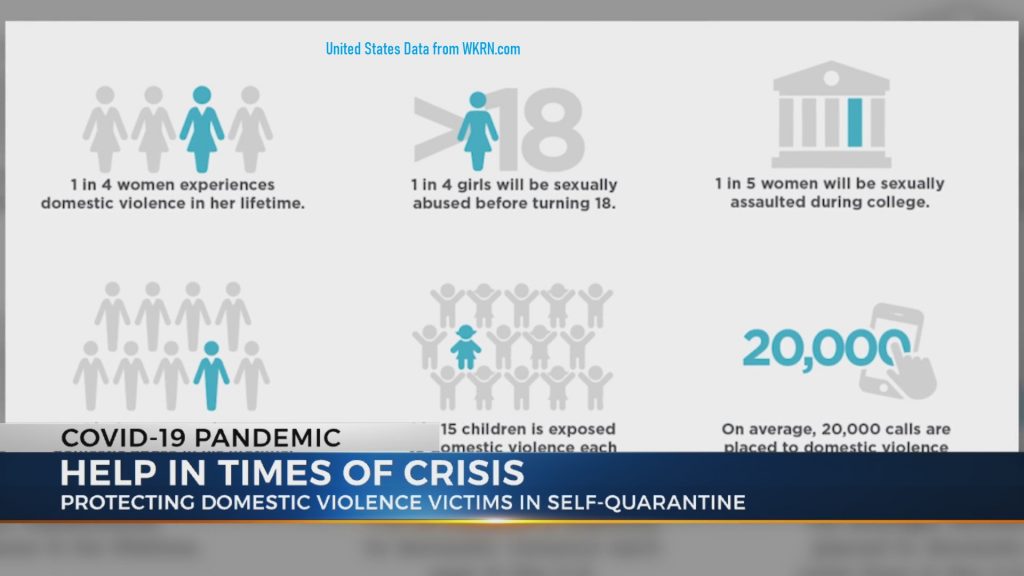
The very recent mandatory lockdowns in USA due to Coronavirus Pandemic, have been hard for women facing domestic violence. They are forced to live with their abusers, who take undue advantage of the situation and exploit women. Some abusers threaten to throw their wives out in the streets if they get infected with the virus. The National Domestic Violence Hotline of USA has reported escalation in number of calls for help. Similar trend was observed in China, where the number of the number of domestic violence cases reported to the police, tripled in February, compared to the previous year.
UNDP has conducted research surveys that document the gender impact of crisis in high-risk countries. UNDP has been supporting the development of risk assessment software that includes gender-specific indicators, and has been working progressively to develop gender-specific Disaster Management strategies. But, there is no indicator or target for ensuring safety and well-being of Women during Disasters in UNDP’S SDG 5 which aims at achieving gender equality and Empowering all Women and Girls or SDG3 which aims at ensuring healthy lives and promoting well being for all.
It’s time for UNDP to review and add indicators supporting women during disasters to SDG5 and SDG3.
